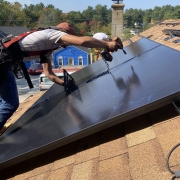Solar for your Commercial Property
The Inflation Reduction Act has brought about a remarkable change. It has presented Federal Tax Credits for Solar that, in some situations, double the previous benefits. This is something we’ve never witnessed before. The benefits are significant. Many of our clients are seeing a 50% reduction in their tax burden thanks to these credits. But it gets even better. When you factor in depreciation, these tax credits could cover up to 75% of the cost of a solar system. There’s more good news. The Department of the Treasury has guided how to maintain these tax credits. They’ve also shared information about various add-ons that can further enhance your savings. Don’t miss out on this unique opportunity. We’ll help you determine if your site can benefit from these fantastic tax credits. This could be a once-in-a-lifetime chance to save big while contributing to a greener future.
Tax Breaks Explained
The investment Tax Credit has been increased from 26% to 30%, and may now be transferred or sold to other taxpayers. The 30% applies to both business and residential projects, including projects installed in 2024, and will last until the end of 2032.
Energy storage projects were previously ineligible for tax credits unless they were connected directly to solar power projects. The Inflation Reduction Act removes these requirements and allows energy storage projects to receive the same 30% tax credit, even if they are stand-alone facilities. Batteries connected to a solar power project will continue to qualify for the credit, even if they are no longer being charged by solar power.
Interconnection costs will also be included in the tax credit, for projects smaller than 5 MWac.
Domestic content – 10% tax credit adder
Solar power projects eligible for the full 30% tax credit can increase their tax credit by an additional 10% – to 40% in total – by purchasing domestically produced hardware. Per the document, 100% of steel and iron must be US-manufactured in the United States. For manufactured goods – like solar panels, inverters, and electrical gear – the goods must initially be 40% US manufactured, though this percentage will increase in the future.
Project siting – 10% tax credit adder
Projects that are located in former ‘energy communities’ can earn an additional 10% tax credit. Energy communities are first defined as brownfields, and secondly as locations associated with fossil fuels over the last generation.
If there have been significant extraction jobs associated with coal, oil, or natural gas after December 31,1999, then the census tract – and its connecting census tracts – are eligible. If a coal power plant or mine has closed in the same window, the area and its surrounding tracts are also eligible.
Clean electricity production credit
For a long time, the wind industry has been given a tax credit on a per kilowatt-hour basis. Prior to 2007, the solar industry was also eligible for this production credit. The Production Tax Credit is now fully applicable to the solar power industry. This document, it is titled the ‘Clean Electricity Production Credit’.
If a solar power project meets the prevailing wage requirements, then it will receive a tax credit of 2.5 cents/kWh for the first ten years of the project’s life. If a project does not meet prevailing wage standards, it will earn only 0.3 cents/kWh before adjustment for inflation. Going forward, the production credit increases as it is adjusted for inflation.
60% tax credit opportunity?
There is also a 10% adder for solar power projects that sell their electricity via community solar projects to low-income individuals. If we add the 30% tax credit base, 10% for domestic content, 10% for being located in a former fossil fuel energy community, and 10% for selling the electricity via community solar to low-income families – the tax credit could potentially reach 60%.
As a turn-key installer, Second Generation Energy will manage the process of getting your solar system installed so you can take full advantage of all the Tax Credits as well as REC incentive Payments.

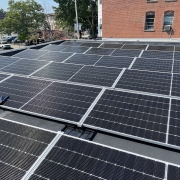


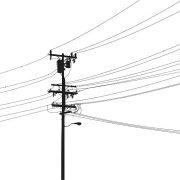
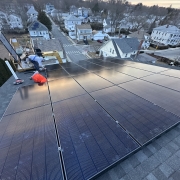
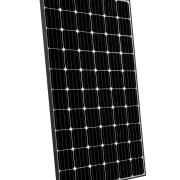
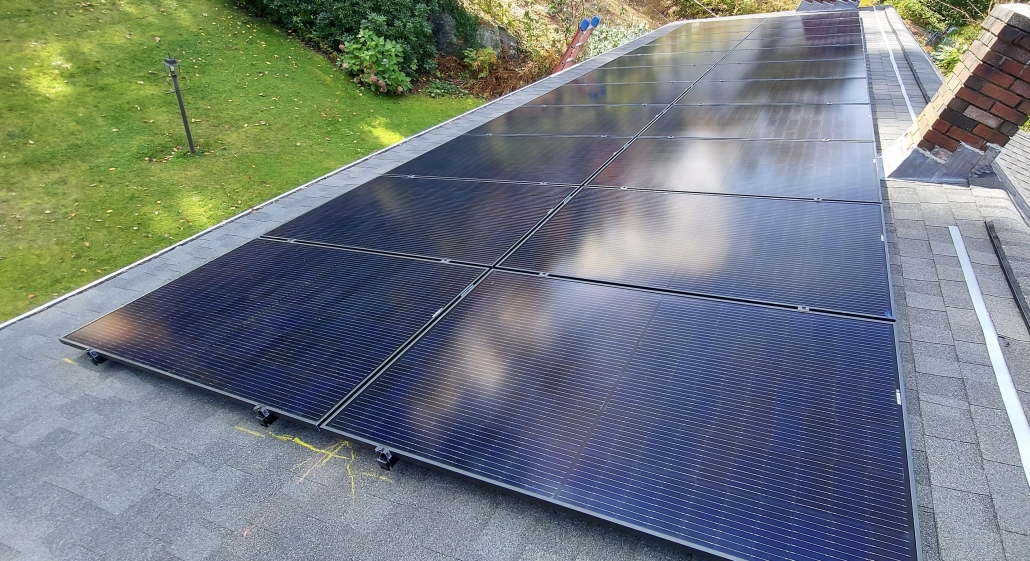
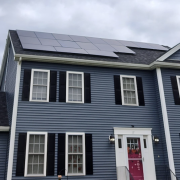
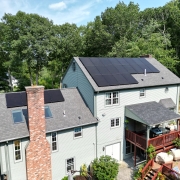
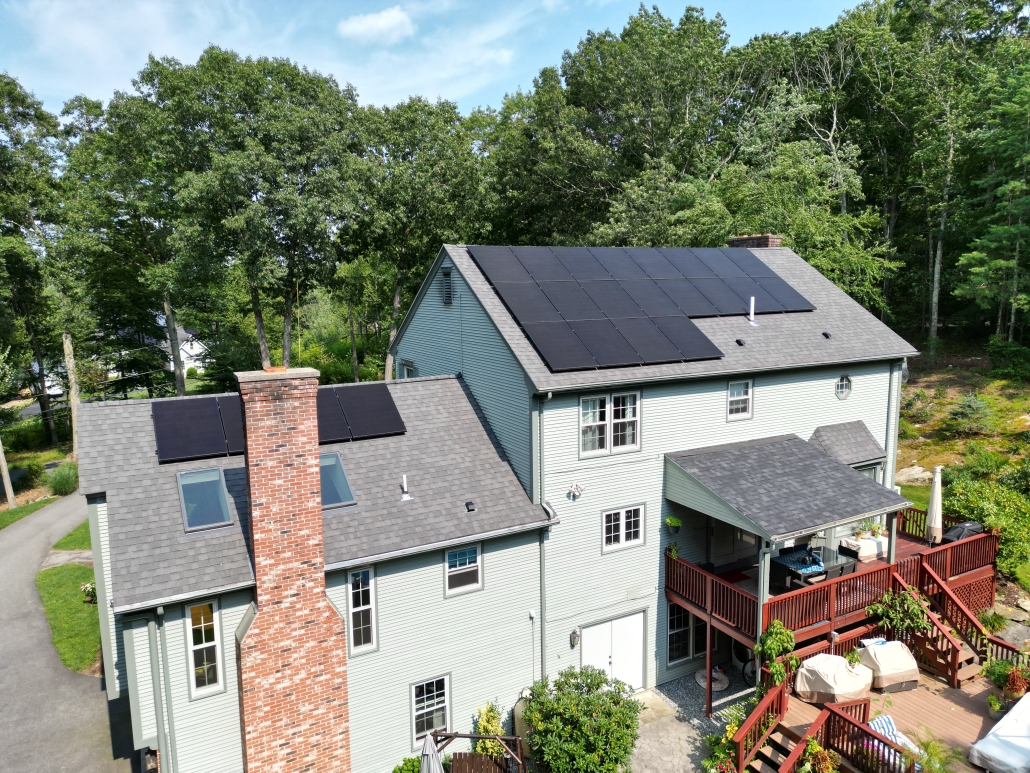 can help you make informed decisions tailored to your specific needs and circumstances.
can help you make informed decisions tailored to your specific needs and circumstances.









